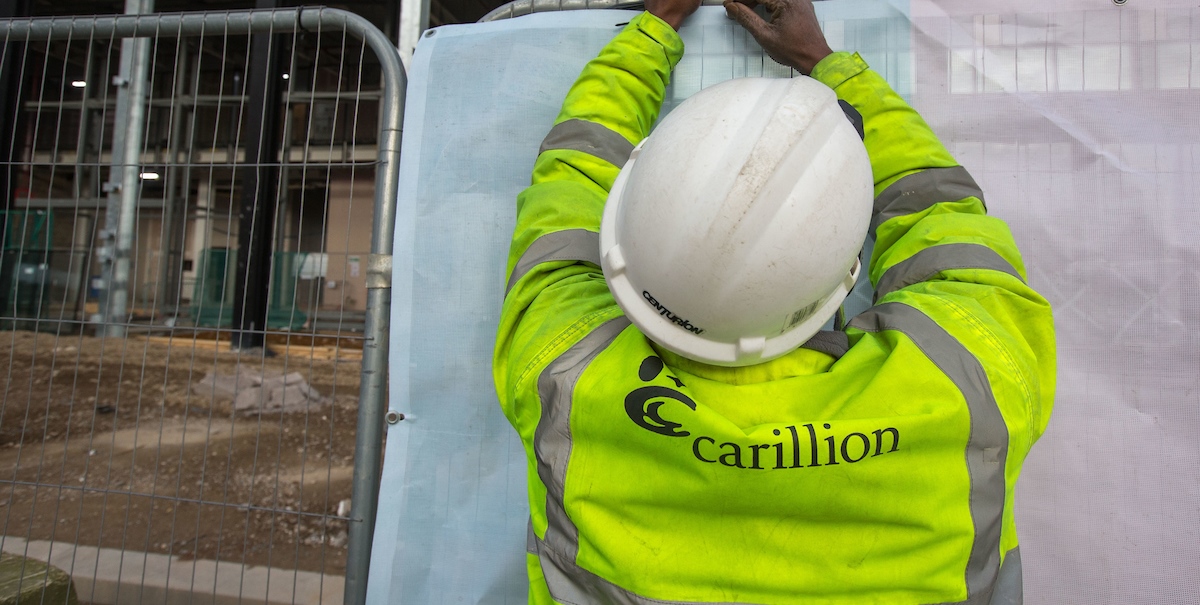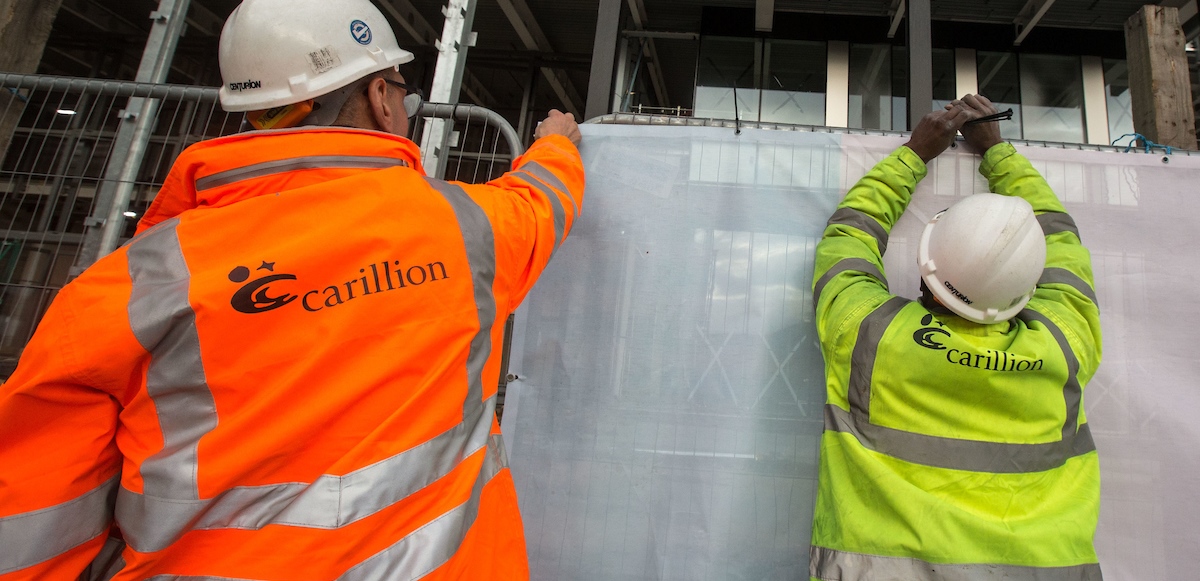Carillion’s ÂŁ65m public shell-out shame
Taxpayers are set to fork out £65m to former Carillion workers who were made redundant following the company’s collapse in January, Unite has discovered.
The union submitted a freedom of information request to the Insolvency Service which revealed that the Redundancy Payments Office (RPO) has made substantial payments to former Carillion staff.
The response stated, “The total amount we may pay out is approximately £65 million of which £50 million has been paid so far based on actual claims received.”
Unite assistant general secretary Gail Cartmail revealed the cost to the taxpayer of Carillion’s redundancies during her speech today (24 September) at the Labour Party conference.
‘Greed and recklessness’
She said, “These latest figures demonstrate that the taxpayers have had to pick up the tab for the greed and recklessness which led to Carillion’s collapse.
“While the directors and senior executives of Carillion have largely slithered off into lucrative new roles it is the taxpayers who have been left to pick up the pieces from their mess.”
The £65m in redundancy payments is solely for former Carillion staff and does not include workers who lost their jobs when companies in Carillion’s supply chain also hit the wall due to being owed substantial sums of money.
As Carillion collapsed into compulsory liquidation, rather than enter a managed form of administration, the vast majority of the company’s 19,000 staff had to be made redundant and were then entitled to make a claim for redundancy from the RPO.
This included staff who were transferred to a new employer, however because of Carillion’s compulsory liquidation the Transfer of Undertaking Protection of Employment (TUPE) regulations which protect a worker’s pay, terms and conditions did not apply nor did rules governing continuation of service.
The lack of continuation of service means that the affected workers are considered new starters and have also lost many of their employment rights for a two year period.
The latest revelations demonstrate that initial government indications that Carillion’s collapse would not impact the taxpayer are decidedly wide of the mark.
Accountancy firm PwC, who were engaged by the Insolvency Service to break up Carillion and transfer its outsourcing contracts to new providers are expected to have earned around £50m from the company’s collapse.
As Carillion had just £29m left in the bank when it met its demise, much of PwC’s bill will be picked up by the taxpayer.
The taxpayer will also have to pick up the bill for the work to complete several of Carillion’s key strategic projects including the Royal Liverpool Hospital and the Midlands Metropolitan Hospital, in Sandwell.
The cost of concluding these projects is expected to be in excess of ÂŁ100m.
Cartmail said, “These revelations further underline why the government must order a full public inquiry into Carillion’s collapse to not only understand who was responsible for the greatest corporate failure in UK history but also the total cost to the taxpayer.
“Additionally the police need to undertake an immediate criminal investigation into those responsible for Carillion’s collapse. If no laws were broken then we need better stronger laws to prosecute the guilty.”
 Like
Like Follow
Follow

